10 Common Cooking Habits That Might Be Reducing Your Efficiency
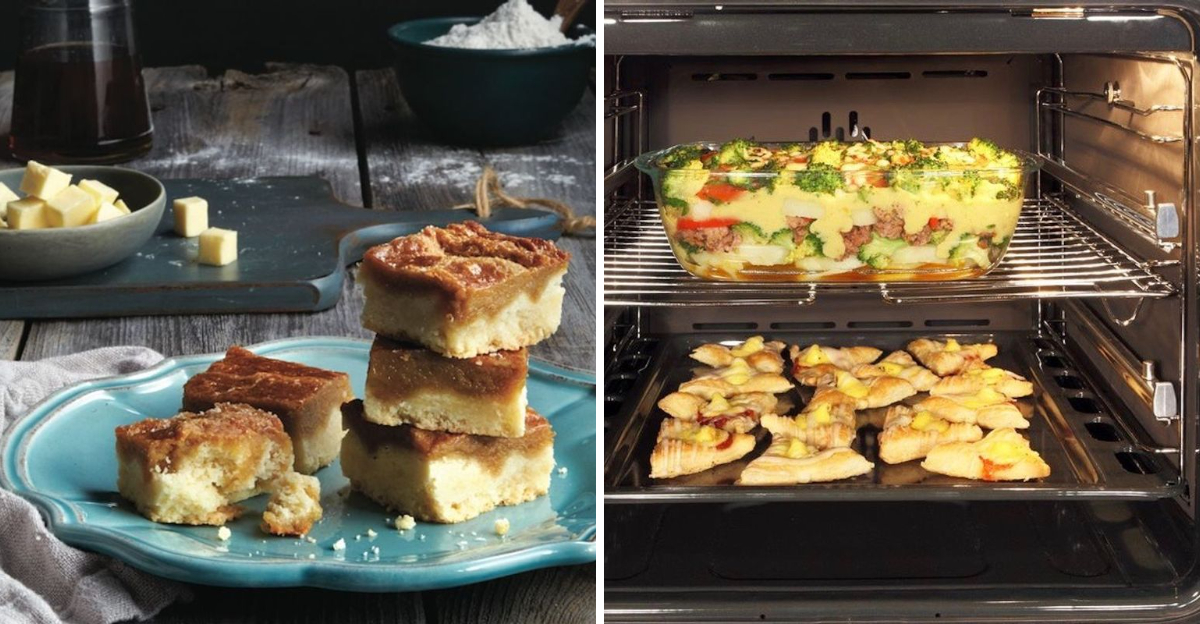
Cooking is an skill that requires precision and variety, but some habits can unknowingly reduce efficiency. Here are ten common yet random cooking habits that may be slowing you down in the kitchen, complete with engaging descriptions and actionable advice to improve your culinary experience. Whether you’re cooking for yourself or others, small changes can lead to noticeable improvements.
1. Overcrowding the Pan
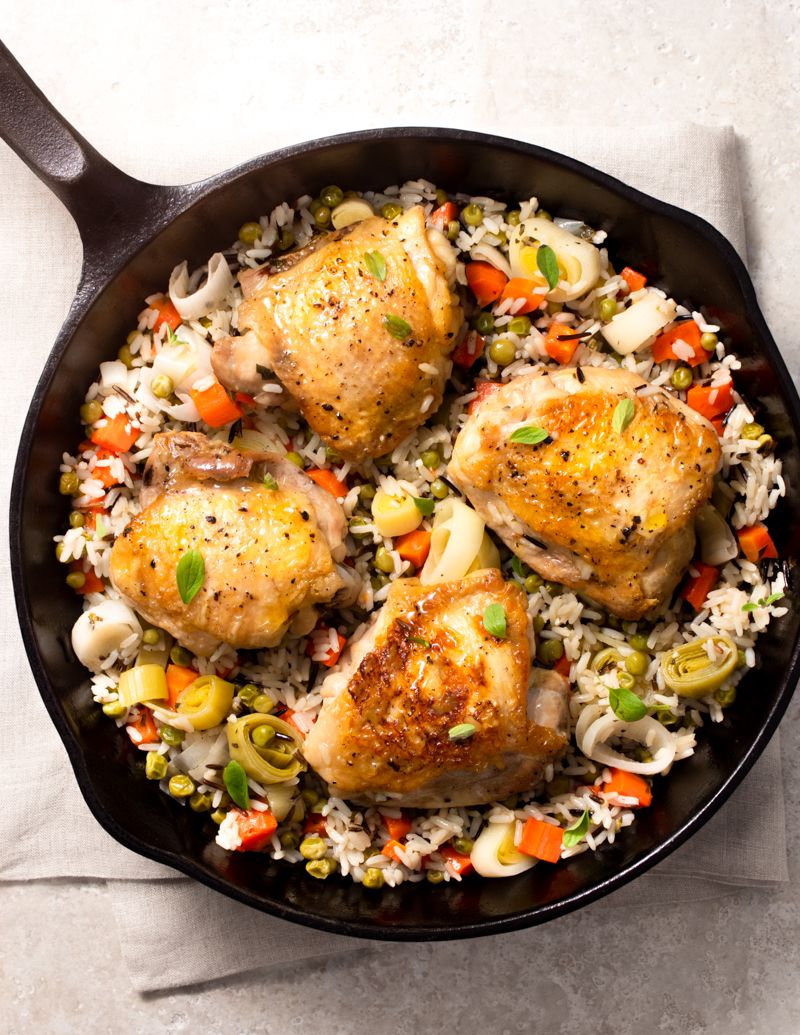
Ever tried to squeeze too much into one pan. It might seem like a time-saver, but overcrowding can actually slow down cooking. When the pan is full, ingredients steam instead of brown. This not only affects flavor but also texture. Use a bigger pan or cook in batches for better control over the heat and space. You’ll notice a big difference in the taste and presentation of your meal. Cooking in batches might sound tedious, yet it ensures each ingredient receives the heat it needs. This habit, if unchecked, can lead to uneven cooking and longer times by not allowing proper heat circulation.
2. Rinsing Pasta After Cooking
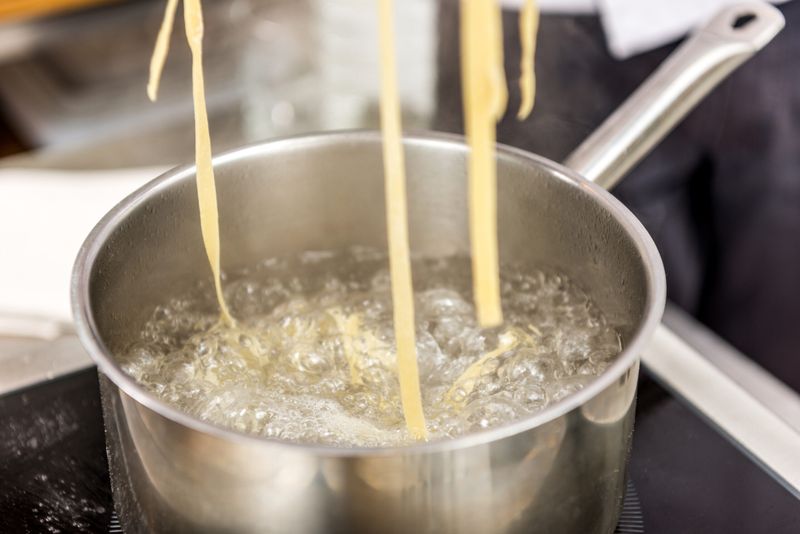
Rinsing pasta under cold water after cooking is a widespread habit that many don’t realize affects the dish. This practice washes away the starch that helps sauce cling to the noodles. Instead, try skipping the rinse and see how your pasta dishes transform. That sticky texture is suitable for holding sauces together. Some people rinse to cool pasta quickly for salads, but in other cases, it strips away essential qualities. Think about the creaminess that clings to each strand when you don’t rinse—it’s tip you can try. Adjust this habit by using other cooling methods if necessary, like spreading on a tray.
3. Chopping Herbs Too Early
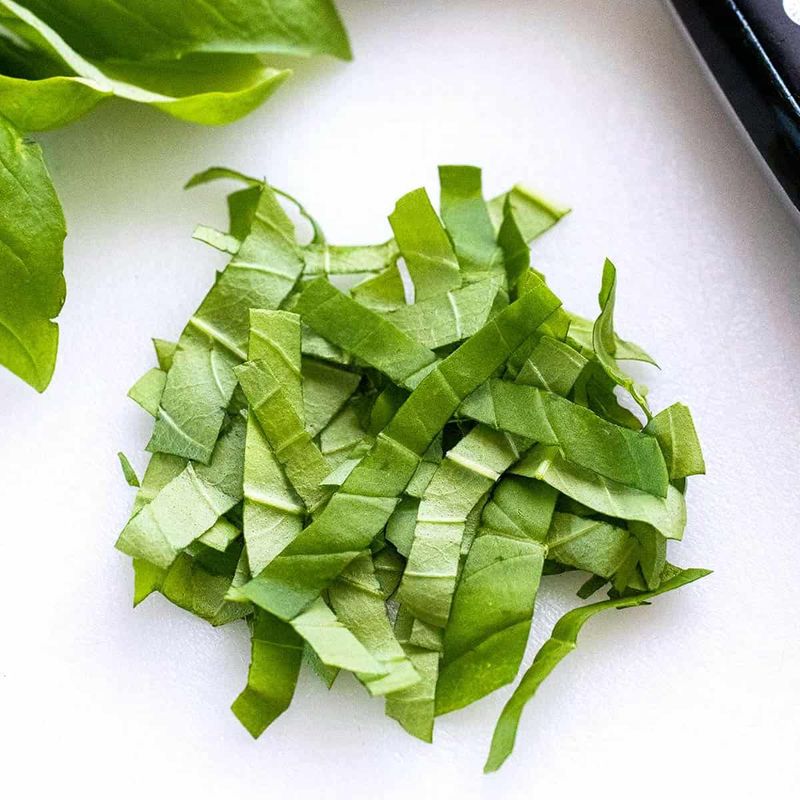
Herbs play a crucial role in flavoring dishes, but timing is important. Chopping herbs too early can lead to wilting and loss of flavor. Waiting until the last moment ensures that the herbs are aromatic when added to your dish. This might seem like a small change, but the impact on the freshness and taste is enormous. Consider integrating this tweak into your routine, and you’ll enhance your culinary makings. The aroma of freshly chopped herbs is something noticeable—don’t let impatience rob you of it. Take a moment to chop just before you need them.
4. Using Cold Butter for Baking
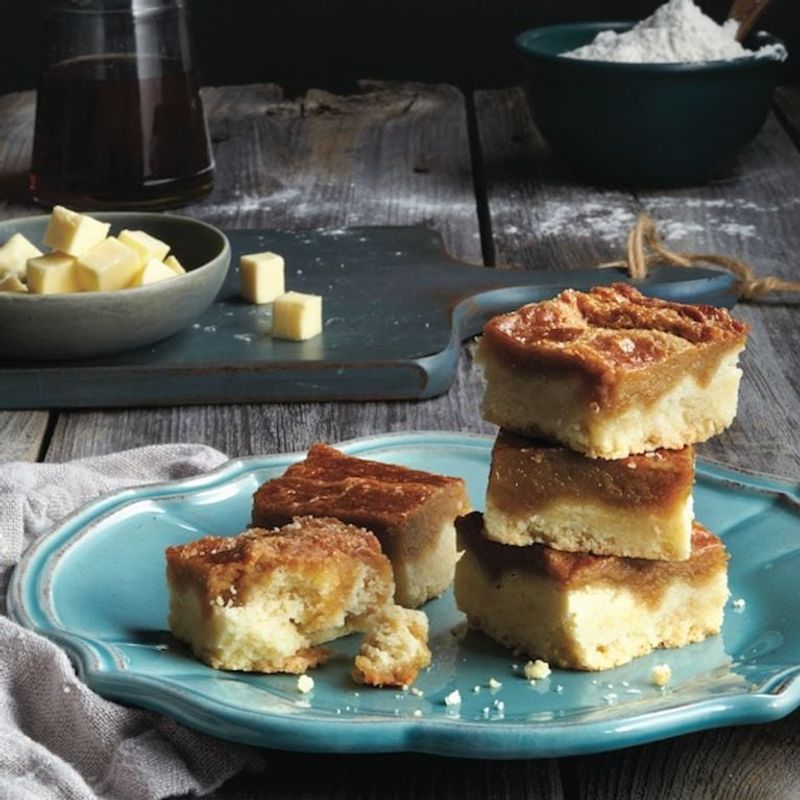
Baking demands precision, but using cold butter can throw off your entire recipe. Cold butter doesn’t mix well and can lead to uneven texture when baking. Allowing butter to reach room temperature ensures it creams smoothly with sugar, adding a desirable consistency. This small adjustment in preparation can make all the difference in your cookies or cake. If you’re short on time, try cutting the butter into smaller pieces to speed up the softening process. Remember, the way ingredients interact changes with temperature. By focusing on this detail, your baking will see significant improvements.
5. Ignoring Knife Maintenance
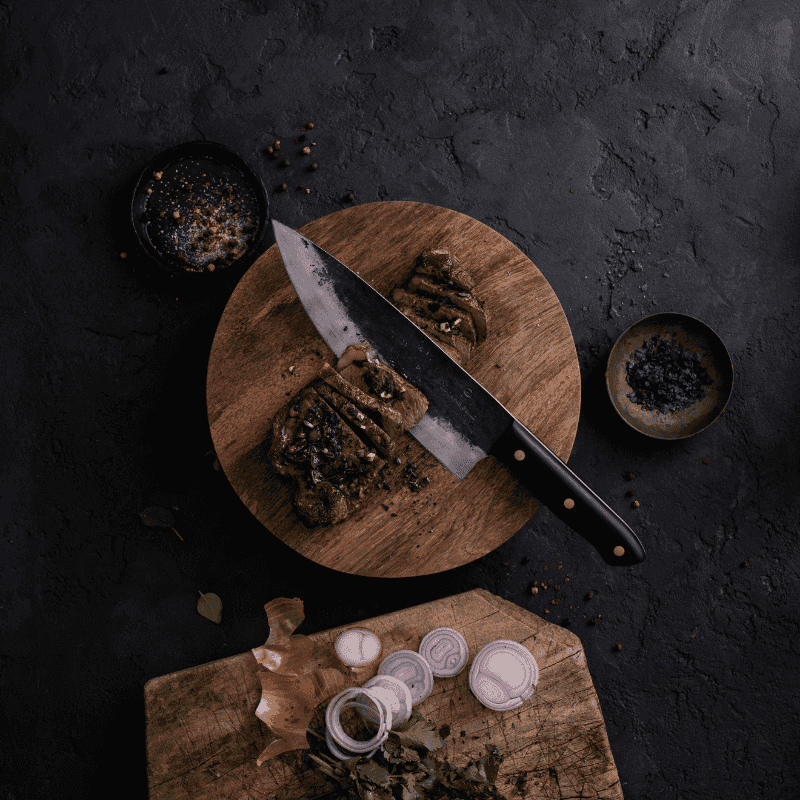
A sharp knife is a chef’s best friend, yet many neglect proper maintenance. Dull knives require more force and increase the risk of accidents. Regular sharpening and honing keep your knife in top shape, making cooking safer and more efficient. This habit not only saves time but enhances the precision of your cuts. Consider setting a regular schedule for knife maintenance to keep this tool performing at its best. A well-maintained knife glides through ingredients, allowing for clean, swift preparation. Investing a little time in this practice can dramatically boost your kitchen efficiency.
6. Peeking at Oven Baked Dishes
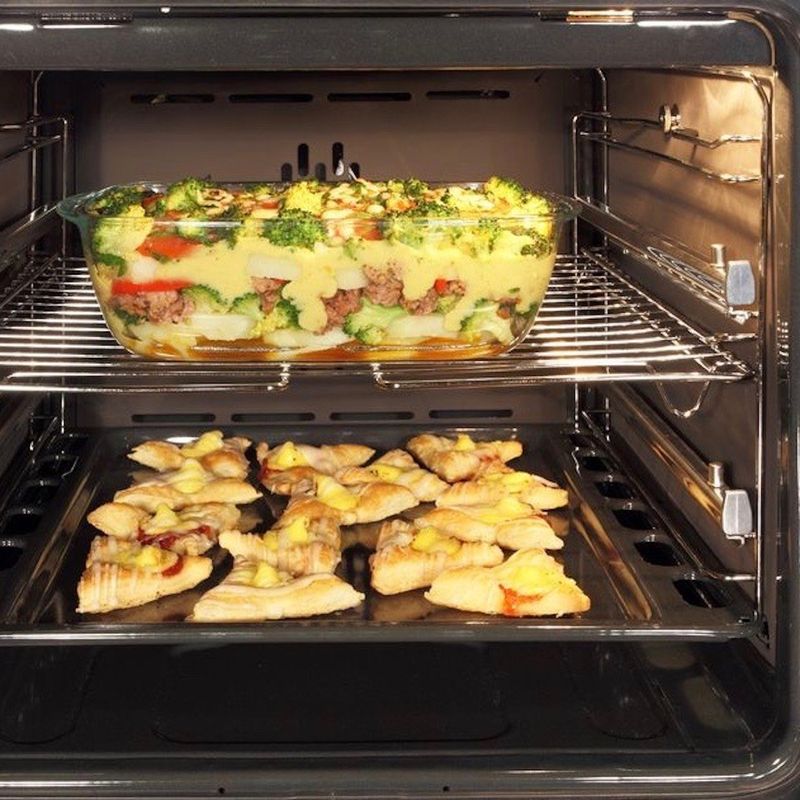
We all get curious, but opening the oven door frequently can disrupt the temperature, leading to uneven baking. Resist the temptation to peek and trust the process instead. Use the oven light to check progress without opening the door. Those few seconds of heat loss might not seem like much, but they make a difference. Try this approach when you bake, and witness the consistency in your results. Staying patient and trusting the recipe allows your baking to reach their full potential. Remember, every peek prolongs the cooking time, and consistency is key to culinary success.
7. Measuring Dry Ingredients Over the Mixing Bowl
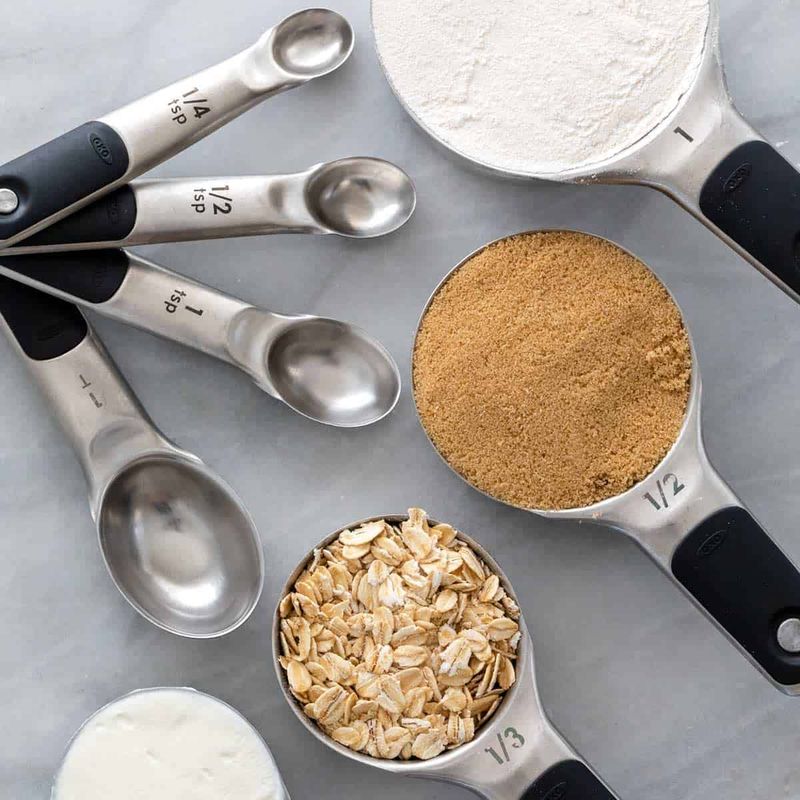
You might think it’s handy to measure directly over the mixing bowl, but small spills can throw off your recipe. Precision is key in baking, and even a little extra flour can change the texture of a dish. Instead, measure ingredients separately to ensure accuracy. This habit can be a game-changer for consistency and quality. It might seem like an extra step, but the improvement in your baking results will be noticeable. Consistent measurements mean reliable outcomes every time, making this small change worthwhile for any baking enthusiast.
8. Using the Wrong Oil for Cooking
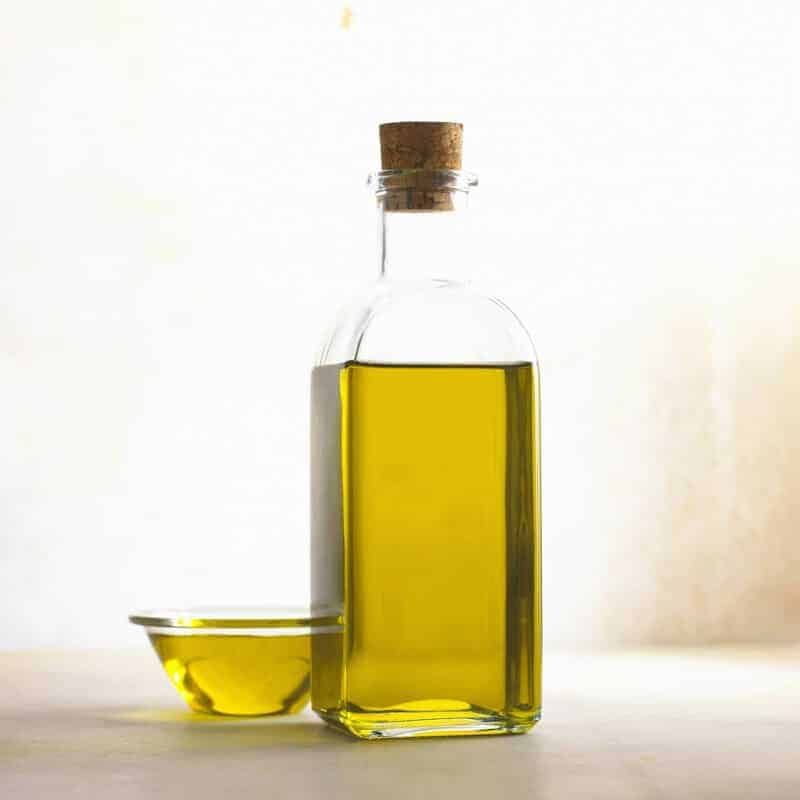
Different oils have different smoke points, and using the wrong one can result in burnt or flavorless dishes. Understanding which oil suits your cooking method can enhance your meals. For example, olive oil is suitable for low to medium heat, while sunflower oil handles high temperatures well. This knowledge enables you to choose the right oil, enhancing both taste and health benefits. Think of how satisfying it is to have food cooked just right, without any unwanted flavors. Consider the type of oil and how it’s used, and notice the difference it can make in your cooking. This savvy choice can redefine your culinary approach.
9. Forgetting to Preheat the Pan
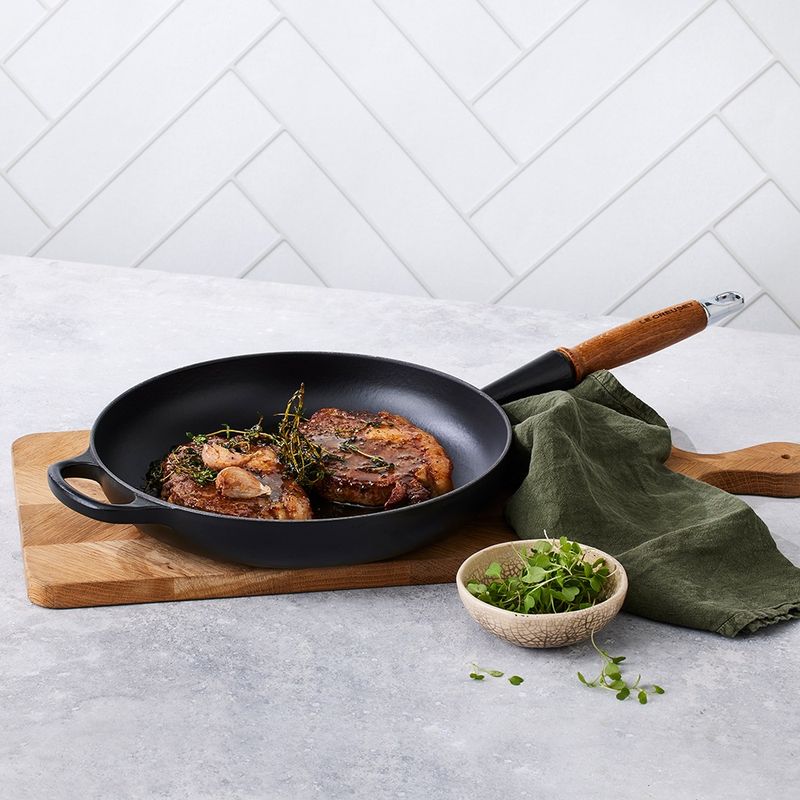
A cold pan might seem harmless, but it can lead to sticking and uneven cooking. Preheating ensures that your food begins cooking the moment it touches the pan. This approach keeps the flavors intact and adds a gentle browning. Although waiting for the pan to heat might feel like a delay, it’s essential for quality cooking. Take a moment to preheat and notice the improvement in your dishes’ texture and taste. This simple step can make a difference, turning ordinary meals into improved culinary experiences. Start focusing on this aspect, and enjoy enhanced cooking results.
10. Using Too Much Water for Boiling
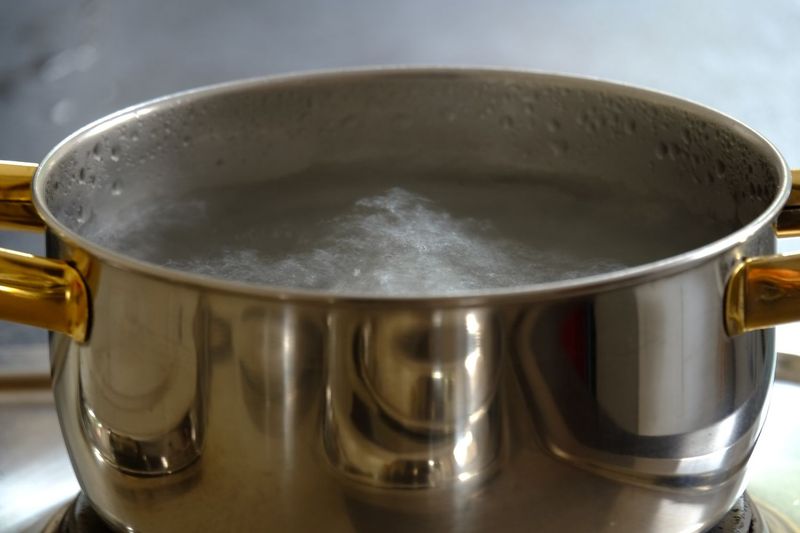
Too much water in the pot can slow down boiling, wasting time and energy. Using just enough water to cover your ingredients helps reach the boiling point more quickly. This simple adjustment saves time and energy, making your cooking more efficient. When you prepare pasta or vegetables, try reducing the water and watch how it speeds up the process. Not only does it save time, but it also preserves more nutrients in your food. This small change can enhance your overall cooking practice, offering a more streamlined kitchen experience.
